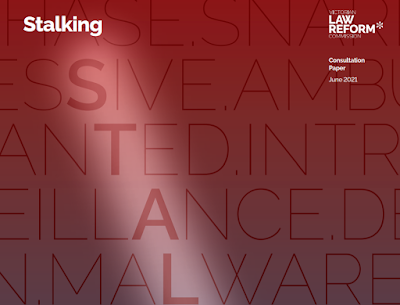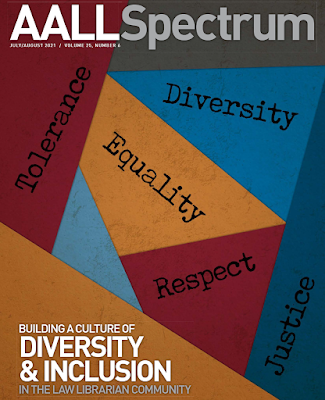Updated Globalex Research Guides on Foreign and International Law Topics
GlobaLex, a very good electronic collection created by the Hauser Global Law School Program at the New York University School of Law, has updated a number of its research guides:
- Understanding European Union Legal Materials: "The EU has a population of approximately 508 million people comprising 27 European nations, and the EU gross domestic product has a value of nearly U.S. $19.5 trillion. The EU is a major trading bloc and increasingly takes a more prominent role in international trade and international affairs generally. Even the law library that does not consider international law a strength of its collection will occasionally have to meet the needs of patrons seeking to locate information on EU law. The European Union is a supranational organization whose 27 members include most countries of Europe. Each member nation is referred to as a Member State. The current 27 Member States are Austria, Belgium, Bulgaria, Croatia, Cyprus, the Czech Republic, Denmark, Estonia, Finland, France, Germany, Greece, Hungary, Ireland, Italy, Latvia, Lithuania, Luxembourg, Malta, the Netherlands, Poland, Portugal, Romania, Slovenia, Slovakia, Spain, and Sweden."
- International Criminal Courts for the Former Yugoslavia, Rwanda, and Sierra Leone – Online and Print Resources: "Despite vows of “never again” in the aftermath of the Holocaust, late twentieth century history was marked by a series of brutal conflicts that resulted in war crimes, crimes against humanity, genocide and other serious crimes. Several international tribunals were established with the goal of prosecuting individuals who committed these crimes. This guide focuses on online and print sources relating to the following three international criminal courts: the International Criminal Tribunal for the former Yugoslavia (ICTY), the International Criminal Tribunal for Rwanda (ICTR), and the Special Court for Sierra Leone (SCSL). The guide begins with a chart comparing key features of these three courts. The guide then examines each court individually, as well as the Mechanism for the International Criminal Tribunals, providing an overview of the court, the court’s basic documents, case law sources, and a listing of additional print and online sources for that individual court. A list of online and print resources that deal with multiple international criminal tribunals follows. Next, there is an overview of selected topics. Finally, the last section covers educational resources, other research guides, and bibliographies."
Labels: courts, european union, international law, legal research and writing




